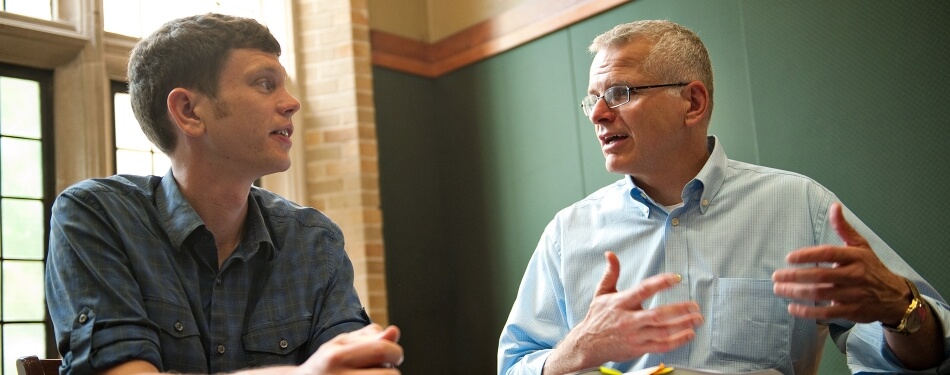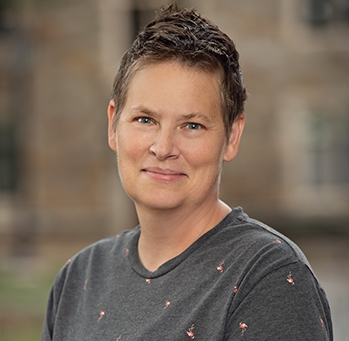In the Juvenile Justice Clinic, students represent minors charged with violations of the criminal law and status offenses in Michigan trial courts, as well as adults who were sentenced to prison as juveniles in Michigan trial and appellate courts. Students may also work on policy projects as they arise.
Information for Students
Students have first-chair responsibility for clients and their cases. This responsibility means that students directly engage in, and reflect on, the practice of law while in law school, under the supervision of experienced professors.
While primarily a litigation clinic, students may, from time to time, handle appellate matters and may be involved in public policy issues.
In the course of the clinic, students will develop litigation skills including interviewing clients, case investigation, trial preparation, and presenting evidence and argument in the courtroom. Casework, which is supervised by clinical faculty, may involve client interviewing and counseling, legal research and motion drafting, negotiation with prosecuting authorities, and courtroom presentation of the case.
Students are encouraged to take a holistic, interdisciplinary approach to their representation and to develop creative or systemic solutions to the legal problems presented.
The classroom seminar provides an opportunity for students to practice some of the above-mentioned legal skills through simulation exercises. Case rounds provide an opportunity for students to engage their classmates in shared problem solving around issues that arise in their case work. In addition to trial advocacy and casework, the classroom seminar will also focus on legal ethics, the basics of adolescent development, juvenile justice reform, and other relevant topics.





